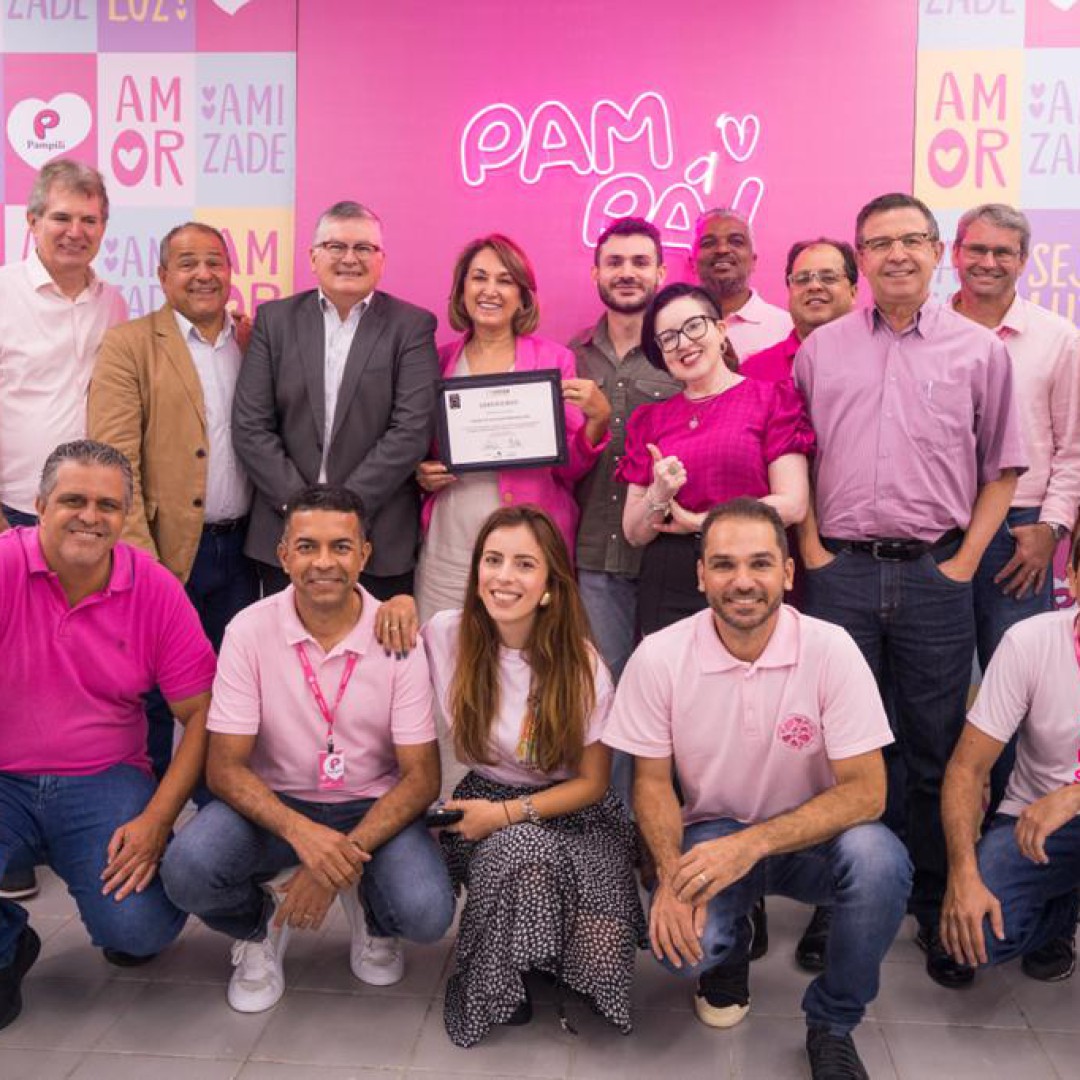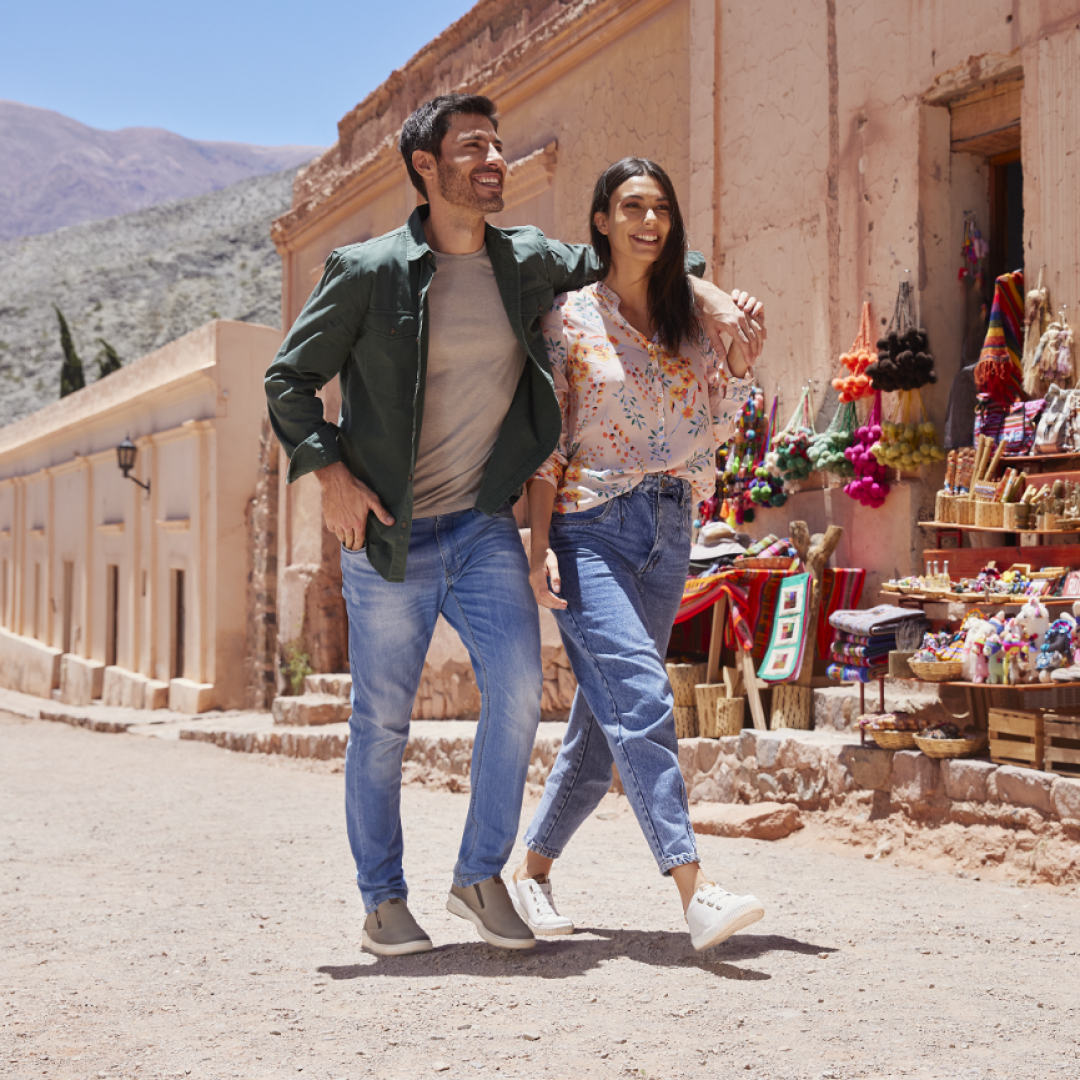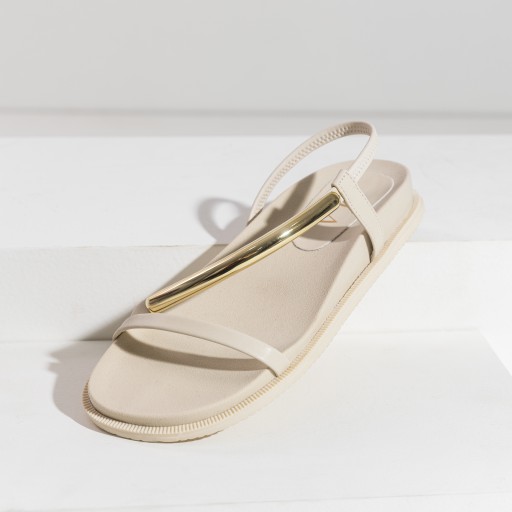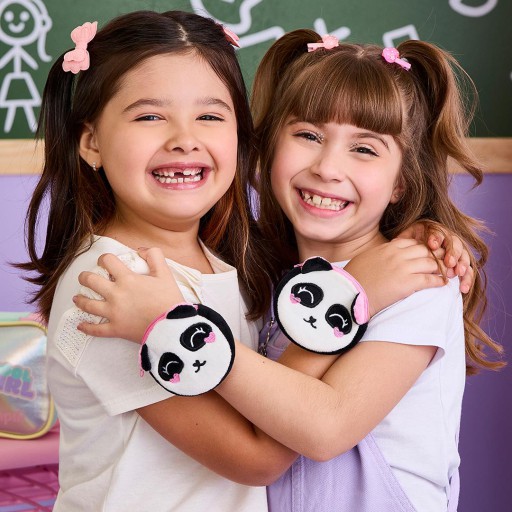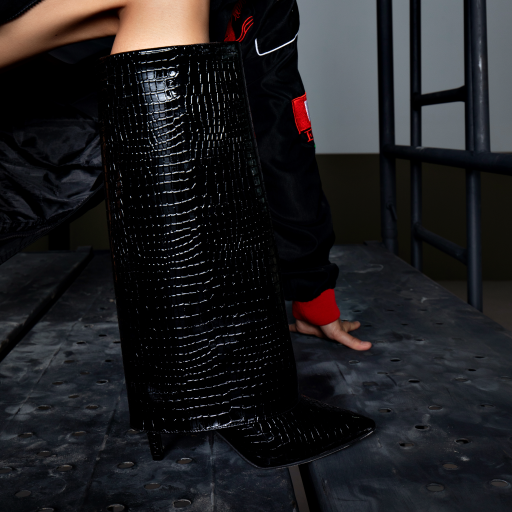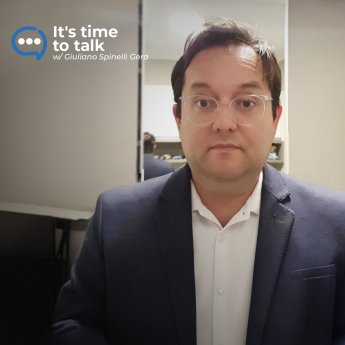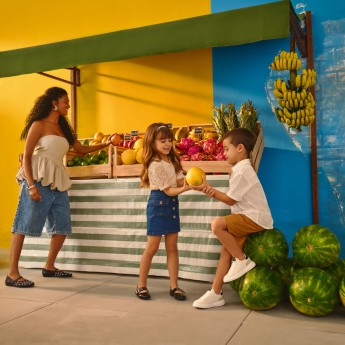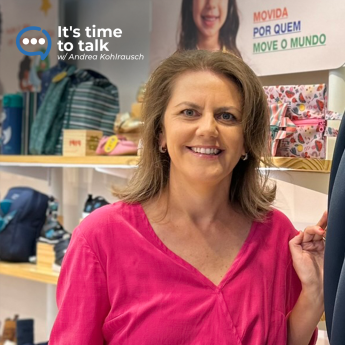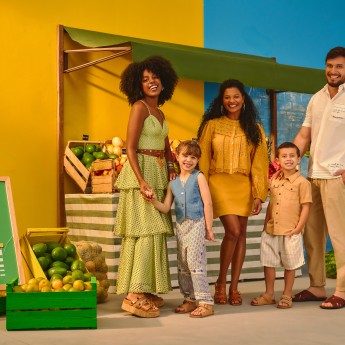Sustainability: a reality with no return to the footwear production chain
Sustainable Origin is the only certification for the segment at an international level

2023-07-07 | By Brazilian Footwear
Carried out by the Brazilian Footwear Industries Association (Abicalçados) in partnership with the Brazilian Association of Companies of Components for Leather, Footwear and Artifacts (Assintecal) to certify practices aligned with the concepts of ESG (Environmental, Social and Governance) in the footwear production chain, the Sustainable Origin is expanding. The only certification for the segment at an international level, the program has grown by 75% in the last year, reaching about 100 footwear producing companies and their suppliers certified or in the process of certification. These companies, according to a survey by Abicalçados, account for 45% of national footwear production - of 848 million pairs last year.
The CEO of Abicalçados, Haroldo Ferreira, highlights that the search for certification is growing in Brazil, as companies have understood the importance of not only assuming ESG practices, but certifying and communicating them to the national and international market. According to the executive, the Brazilian footwear sector is one of the most sustainable in the world. A recent survey carried out by Abicalçados with companies in the sector points out that 95% of respondents already work with the environmentally correct destination of their productive waste, replacing them in production, recycling or even transforming them into fertilizers or construction material. Companies that use 100% of electricity from renewable sources are at 62%, while 74% of industries already produce greenhouse gas emission inventories with the aim of reducing emissions.
Consumers pull the move
Like with any cultural phenomenon, sustainability must be jumpstarted by society. In this context, consumers around the world are increasingly concerned about environmental preservation, respect for human rights and a fair economy. McKinsey data shows that ESG strategies can affect operating profits by up to 60%, while more than 80% of global consumers say they are more loyal to companies that support social or environmental issues. “The ESG movement is an international reality and is increasingly present in the footwear production chain. Companies that do not adapt to these new times will certainly find it difficult to survive. Sustainability is not a differential, it is an essential condition for competitiveness”, highlights the superintendent of Assintecal, Silvana Dilly.


